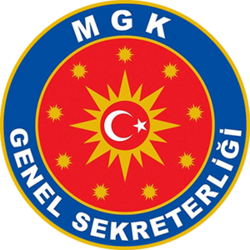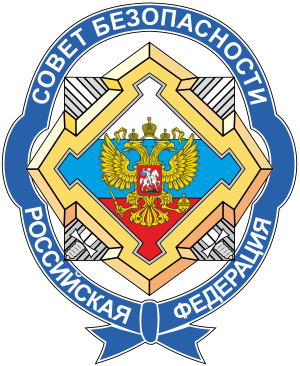- Oct 3, 2018
- 3,634

Composed of Türkiye's senior state officials and the heads of defense and security institutions, and chaired by the President of Türkiye, the MGK functions as a central forum for the coordination and integration of national security policy.
The National Security Council includes representatives from the legislative and executive branches, with the Vice President and relevant ministers (such as those responsible for national defense, foreign affairs, and interior) regularly attending. The Chief of the General Staff and the commanders of the Armed Forces also participate as key members, contributing military perspectives to national security deliberations.
The Secretary-General of the MGK is appointed by the President of Türkiye and reports directly to the presidency. The Council assists the President in shaping and implementing national defense strategies and internal security policies.
Decisions taken by the MGK are consultative in nature but may lead to the issuance of presidential decrees, directives, or orders to execute policies aligned with Türkiye's national security goals.
Last edited:





